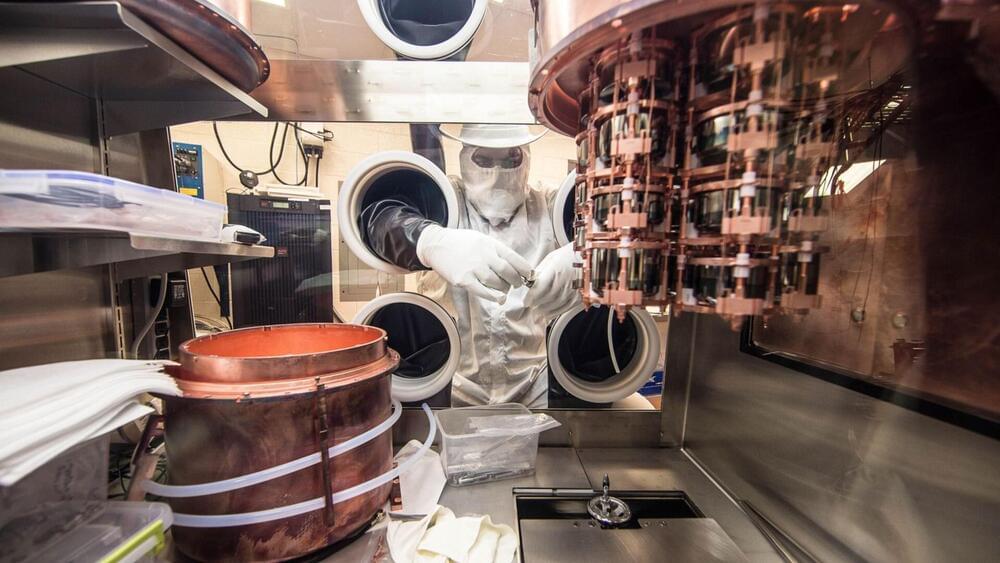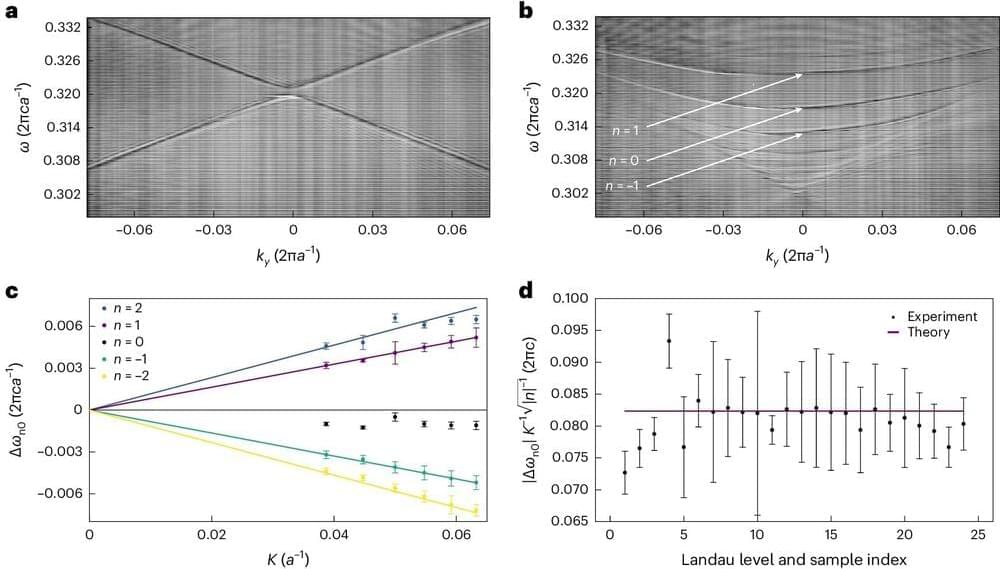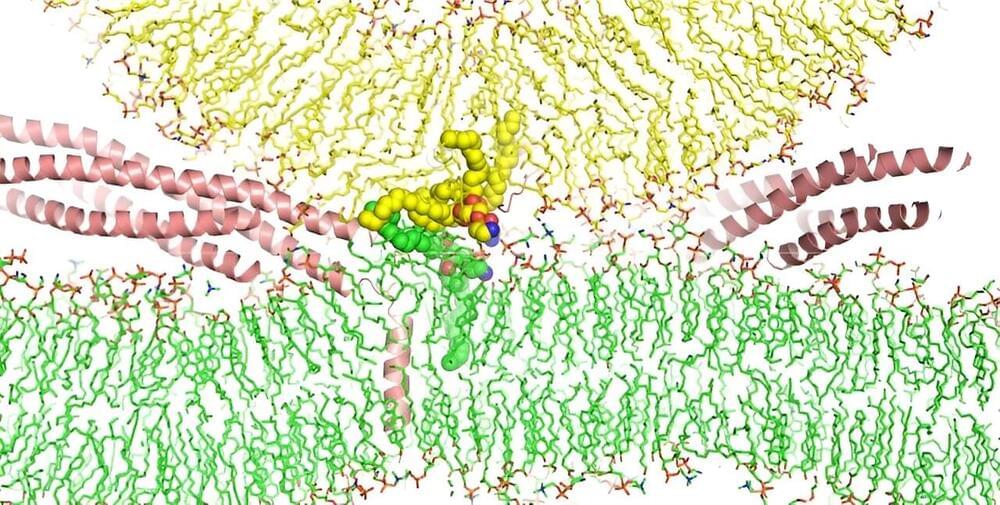In a new study published inNature Physics, scientists at the MAJORANA Collaboration have tested the stringency of charge conservation and Pauli’s exclusion principles using underground detectors. Alessio Porcelli has published a News & Views piece on the research in the same journal.
Today, the Standard Model of particle physics is one of two pillars on which modern physics rests. It successfully explains three out of the four fundamental forces and how subatomic particles behave.
Pauli’s exclusion principle and the conservation of charge are two of the principles arising from the symmetries in the Standard Model. They have withstood many theoretical challenges and have repeatedly proven to the point where they are considered axiomatic.






